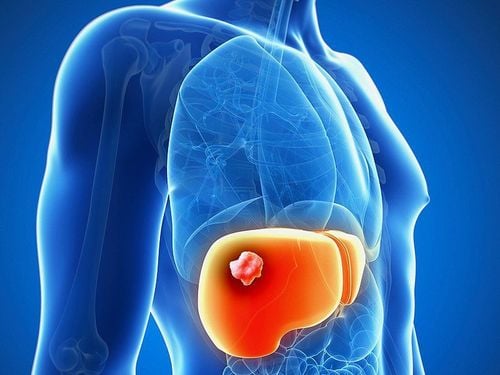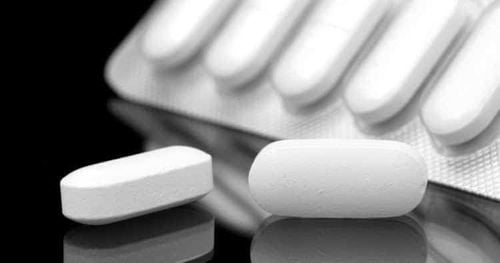This is an automatically translated article.
The article was professionally consulted with Specialist Doctor I Le Nguyen Hong Tram - Gastroenterologist - Department of Medical Examination & Internal Medicine - Vinmec Nha Trang International General Hospital.Many people are having difficulty in how to recover and restart the liver?! Read more articles below to get the right and effective solutions to restore your liver health.
1. Is it possible to restore liver health and restart it?
The liver is likened to the body's toxic filter because its function is to filter out all the toxic things that we cannot absorb and eliminate them. However, keep in mind that's just one of hundreds of functions the liver performs: It's also an important tool in protein synthesis, aids digestion, regulates glycogen storage, and plays a role in metabolism. metabolism and hormone production.But between regular alcohol consumption and a diet high in processed foods, the liver of Americans in particular and people around the world in general suffers a heavy blow. This can lead to a number of dreaded health complications, including cirrhosis of the liver, fatty liver disease, or in severe cases, cirrhosis, which is irreversible scar tissue that can lead to liver failure. Some signs of liver damage include turning yellow in the skin and whites of your eyes, easy bruising, and swelling in your abdomen and legs. However, sometimes liver damage is not accompanied by any symptoms, until the disease has progressed to a late stage.
The good news is that the liver has a remarkable ability to regenerate and heal itself. Just by applying a few measures, from lifestyle changes, eating habits to exercise, the liver can completely recover and restart. It should be noted that it must be changed soon, because when the scar tissue forms, it is considered that the liver cells in that area have been permanently unable to recover.
2. 10 ways to restore your liver health
2.1. Limit alcohol, beer and alcoholic beverages The worst thing for our liver is wine, beer or alcoholic beverages. Since alcohol is a poison and is processed in the liver, drinking too much can cause liver damage, scarring or even cirrhosis. Although cirrhosis is mainly seen in alcoholics, even regular drinkers who drink four or more alcoholic beverages at once, just once or twice a week can have serious effects. to their liver.To restore liver, give it a rest by cutting down on adult beverages. A few alcoholic beverages can actually be good for you, but try to have one or two at a time, a few times a week. Drinking large amounts of alcohol over a long period of time can have serious effects on the liver. Even for people who are showing signs of hepatitis or cirrhosis, drinking alcohol is taboo for them.
2.2. Weight loss Liver damage isn't just from drinking too much; It can also occur due to poor diet, sedentary lifestyle and being overweight. Like other obesity-related diseases, nonalcoholic fatty liver disease is associated with insulin resistance and heart disease. In severe cases, fatty liver can lead to cirrhosis. The good news is that losing weight, even moderately, can help improve scarring in the liver. A review published in the journal Minerva Gastroenterological e Diabetologica found that a one-year period of lifestyle changes and a loss of only 7-10% of overall body weight "significantly improved the histology of liver disease."
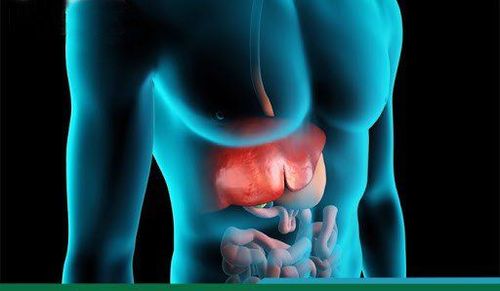
Since a poor diet contributes to liver disease, healthy eating helps heal the disease. Make sure you're eating a diet rich in fresh foods, lean meats, and whole grains, and limit your consumption of refined, simple carbohydrates (like sugar).
2.4. Limit your use of over-the-counter pain relievers A popular over-the-counter pain reliever acetaminophen, known by the brand name Tylenol, is metabolized in the liver. Although it has been available for many years and is considered safe, taking too much acetaminophen can lead to liver toxicity. According to the U.S. Food and Drug Administration, taking more than 5,000 milligrams a day, or about 10 types of Extra Strength Tylenols, can lead to serious liver damage or even liver failure. It is even more dangerous for people who drink alcohol regularly, or already have liver disease such as hepatitis C.
Other pain medications, such as nonsteroidal anti-inflammatory drugs (NSAIDs) are not processed in the liver. , so they don't have the liver-damaging side effects of acetaminophen. If you're concerned about how over-the-counter pain relievers will affect you, look to aspirin (Bayer) or ibuprofen (Motrin, Advil) instead. And be sure to heed the dosage recommendations on the label.
2.5. Eat more beets Beets are colorful, delicious and above all good for everyone's health. They can also be good for our liver. Beets are a good source of a nutrient called choline, which helps the body metabolize fat. Because choline is metabolized in the liver, eating more of it may help protect against fatty liver disease.
A study published in the journal Current Opinion in Gastroenterology found that people with low choline levels were more likely to develop fatty liver disease. In addition, beets are also very easy to prepare and include in our daily diet.
2.6. Drinking plenty of water helps detoxify the liver Since our liver is responsible for a number of metabolic processes, including filtering toxins out of the body, drinking plenty of water will help them function at their best.
According to a study published in the Journal of Clinical Endocrinology and Metabolism, drinking water boosts metabolism and can help the liver detox better. Better yet, try drinking it warm with a thin slice of lemon and hot sauce. The lemon juice will help calm inflammation and the capsaicin from the hot sauce will increase blood flow to the liver. Try to drink at least 8 glasses a day. If you can't drink warm detox water, simply increasing your water intake throughout the day can benefit your liver.
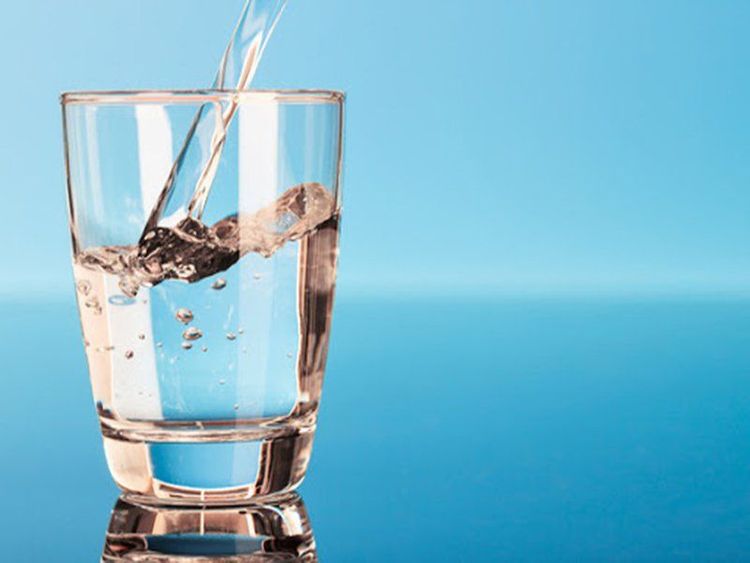
2.8. Exercise Regularly Exercise is not just for weight loss and getting in shape; It also has a lot of physiological benefits, including helping our liver. A study published in the Journal of Hepatology found that exercise is beneficial for obese and overweight adults with nonalcoholic fatty liver disease. Research also shows that it's not as important for people to engage in high-intensity or low-intensity exercise as it is to exercise regularly on a daily basis. Besides, regular exercise is also important for overall health, so we spend at least 30 minutes exercising every day 5-7 days per week.
2.9. Vitamin E Supplement Along with lifestyle changes, taking vitamin E may be the secret to treating fatty liver.
A study published in the journal Nutrition found that taking vitamin E had a beneficial effect on nonalcoholic fatty liver disease and "significantly improved" liver function in patients with fatty liver disease. You can take a vitamin E supplement, or switch to foods like almonds, spinach or sweet potatoes for a good source of this essential vitamin. Just be careful; Supplements have been shown to cause blood clots, so talk to your doctor before taking a vitamin E supplement.
2.10. Eat more bitter vegetables Green vegetables in general are good for our overall health, and they are also beneficial for the liver in some respects. Bitter vegetables like arugula, dandelion, and bitter spinach can help increase bile flow, helping to better detox your liver. The greens themselves can also help flush out toxins. Plus, eating more of these natural plant-based foods in place of processed foods will help your liver get rid of all the toxins from processed foods and help you lose weight - one of Another way to help the liver detox better.
The liver is an essential organ that serves many purposes in the body, including detoxification, digestion, and nutrient storage. Various factors can put stress on the liver, potentially leading to damage that affects its ability to function effectively. Fortunately, the liver is one of the organs in the body with an impressive capacity for recovery and regeneration. Therefore, detecting early signs of liver damage and taking action to correct or change it will help the liver restart and work more efficiently.

Please dial HOTLINE for more information or register for an appointment HERE. Download MyVinmec app to make appointments faster and to manage your bookings easily.
Reference sources: eatthis.com, healthline.com




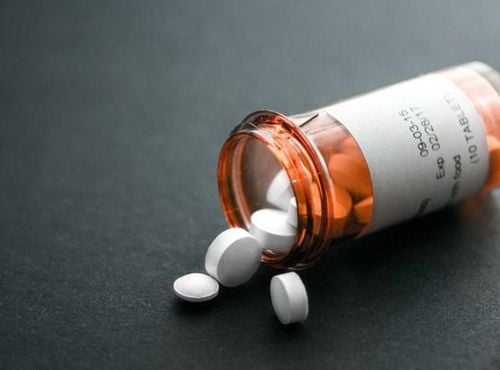
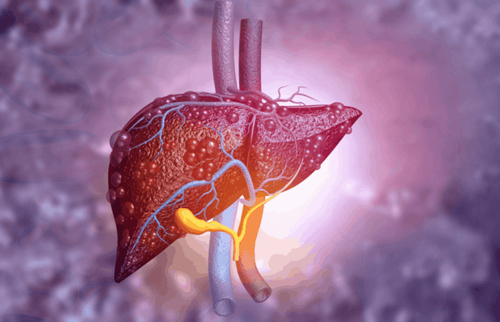
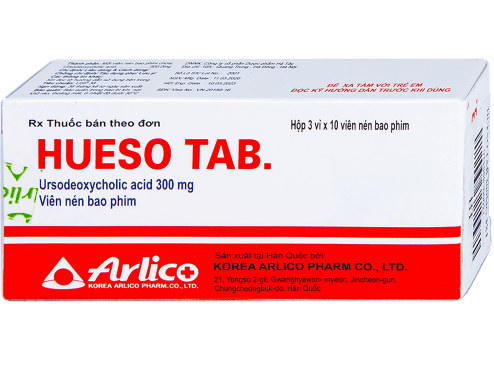
![[Video] Don't be subjective with gallstone disease](/static/uploads/small_20191104_030711_425223_soi_omc_max_1800x1800_jpg_2e7a54defa.jpg)
